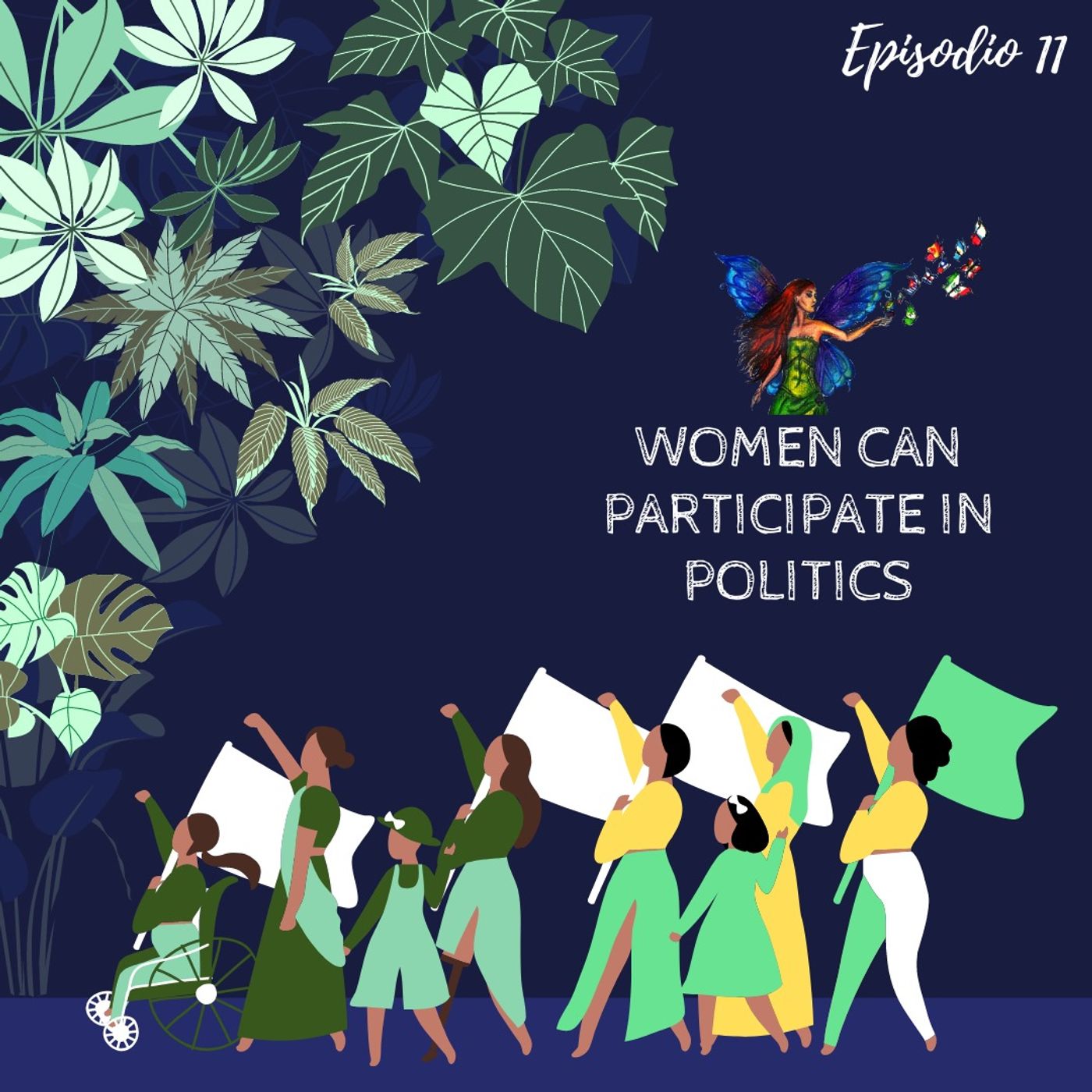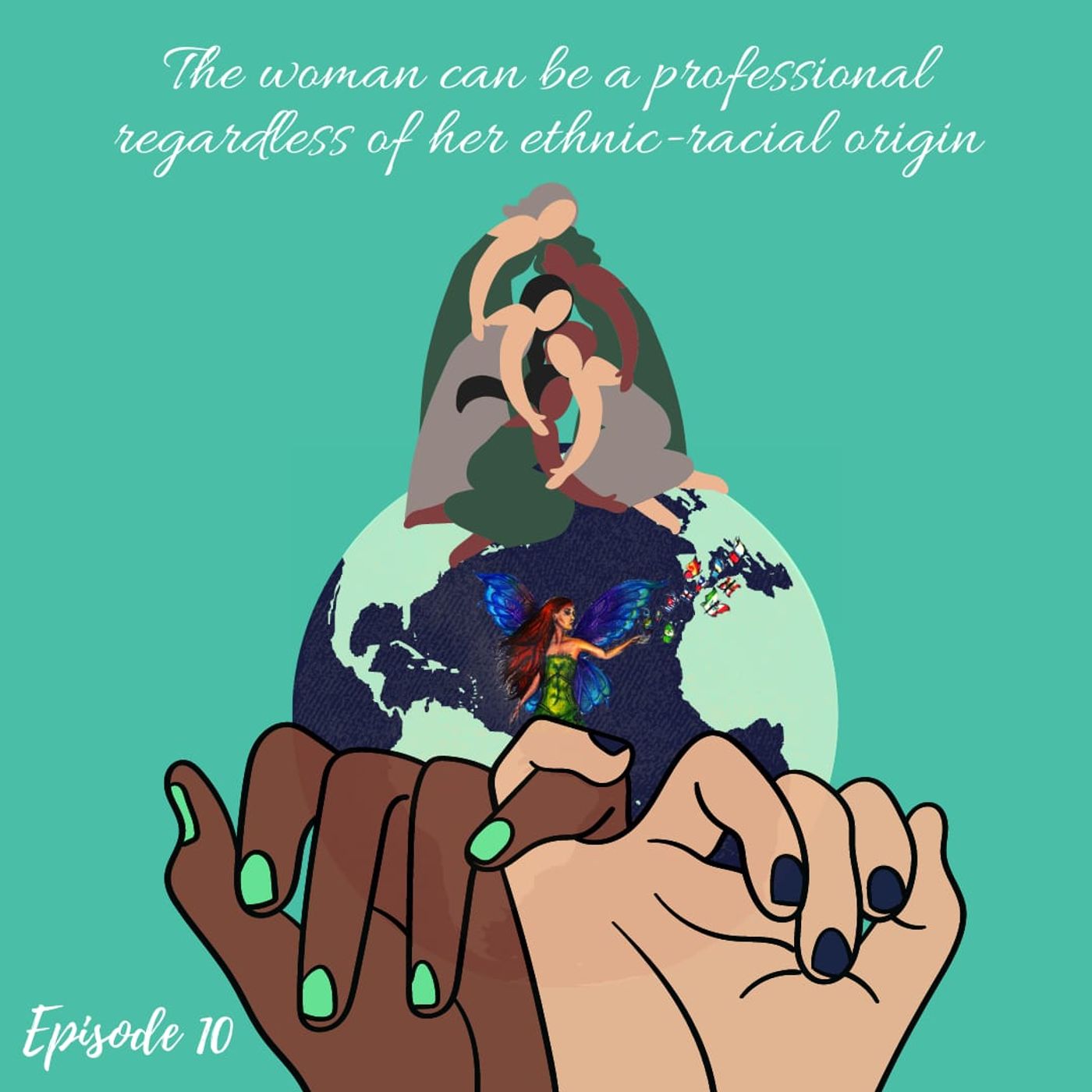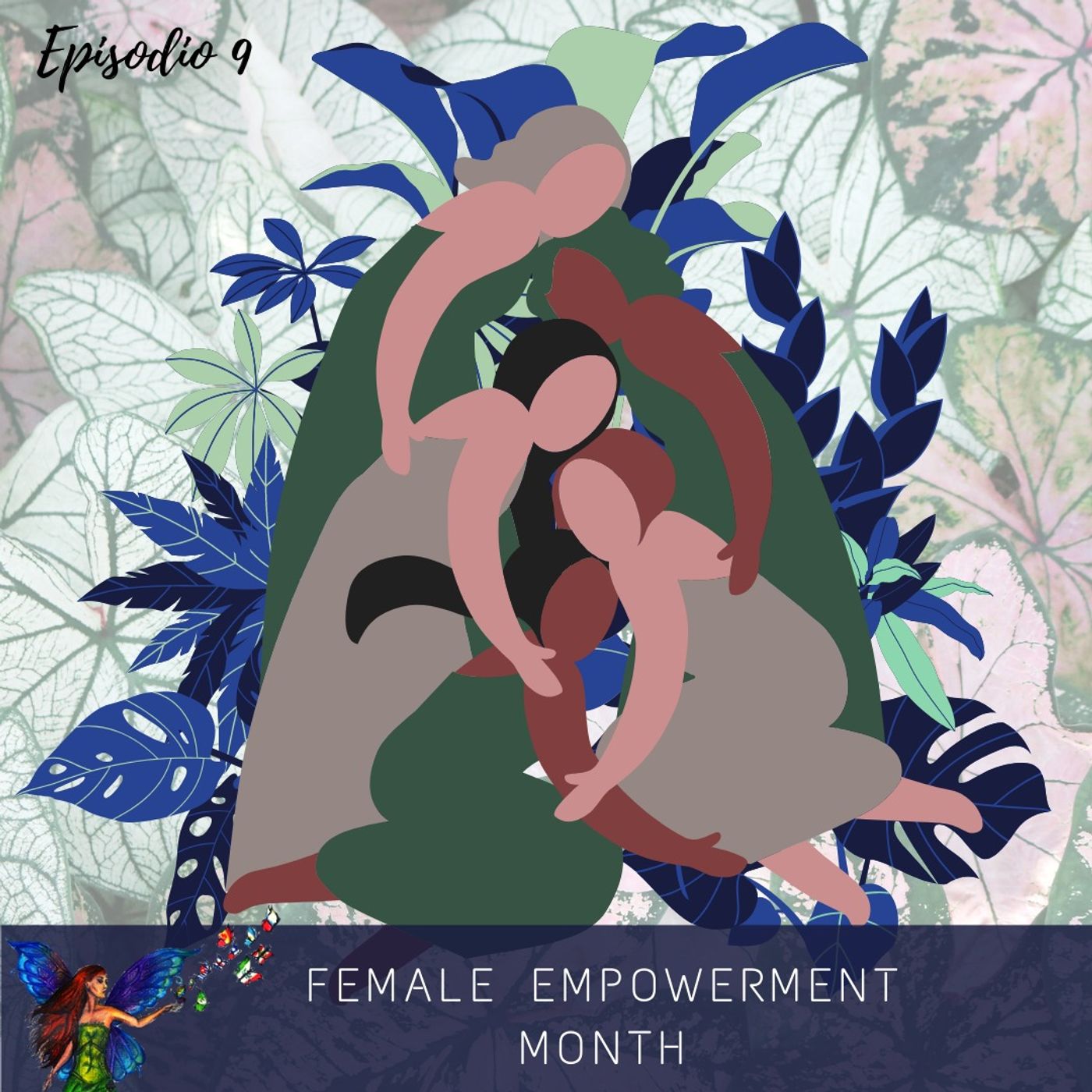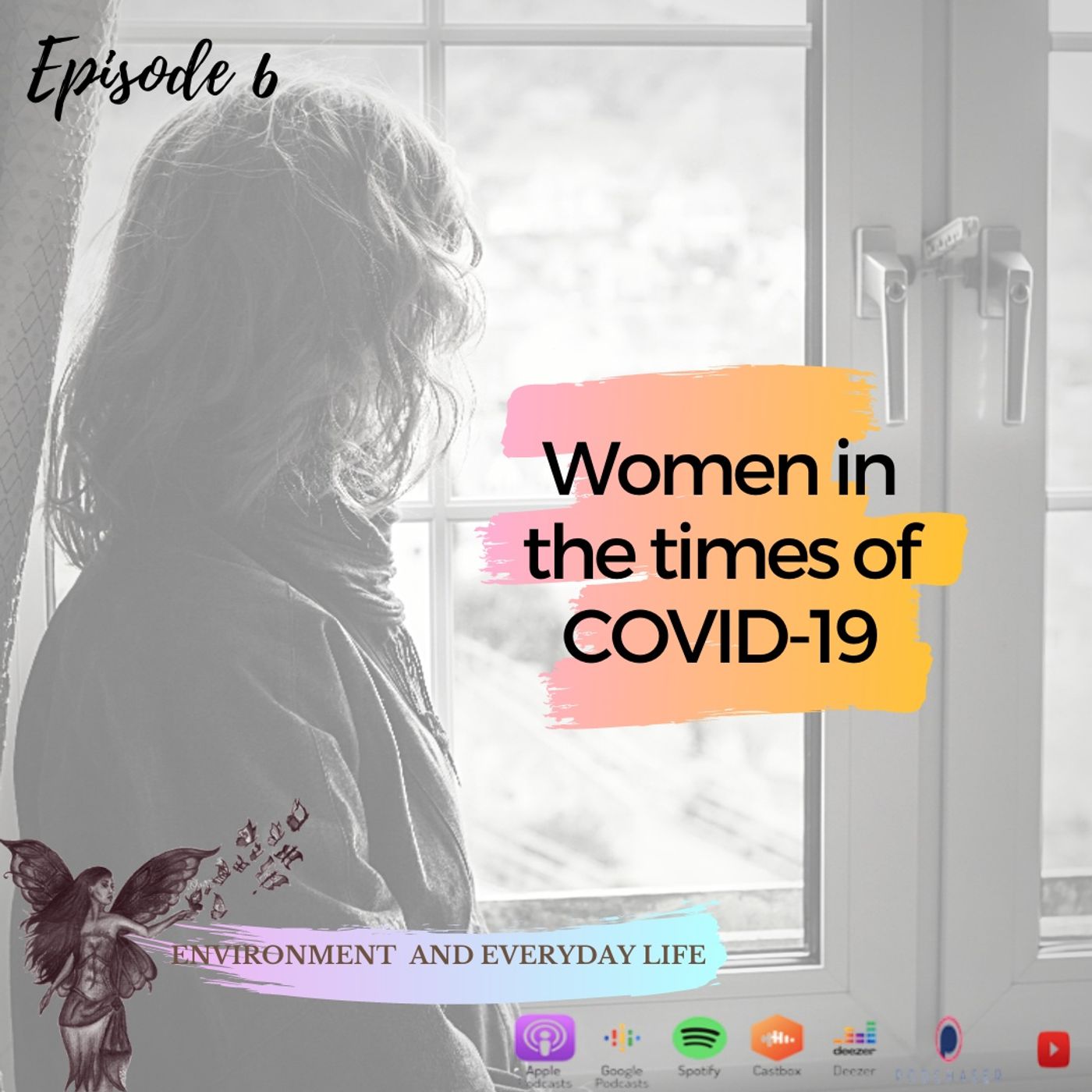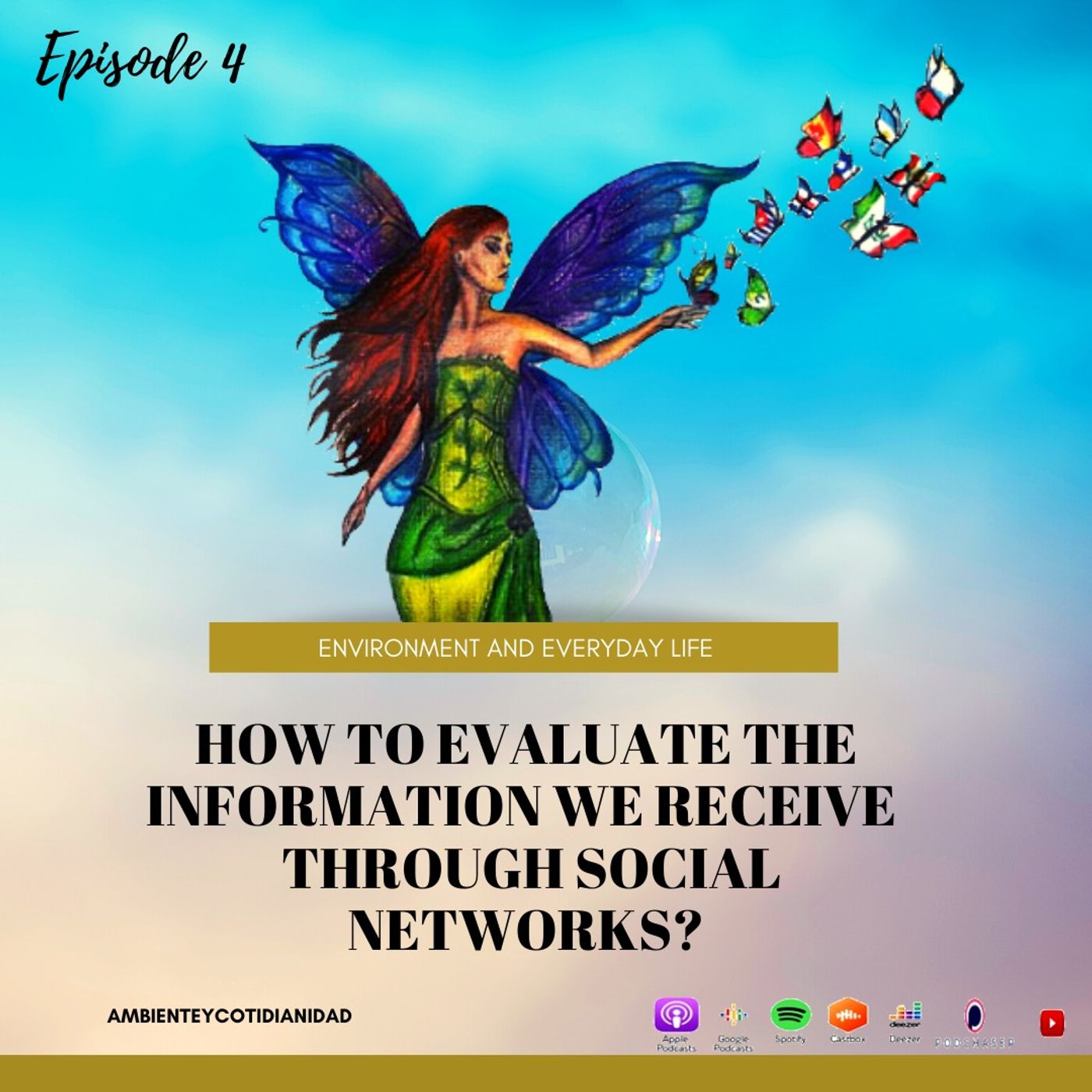Environment And Everyday Life
Subscribed: 0Played: 1
Subscribe
© Copyright María Angélica Mejía Cáceres
Description
We will reflect on aspects of our day to day, always linking them to four dimensions: 1) structure, 2) health, 3) culture and 4) environment. Through questions we will invite to modify certain habits that we have that affect us and the environment. In turn we will give some tips that will be ideas with the intention of provoking alternatives in our way of acting.
11 Episodes
Reverse



